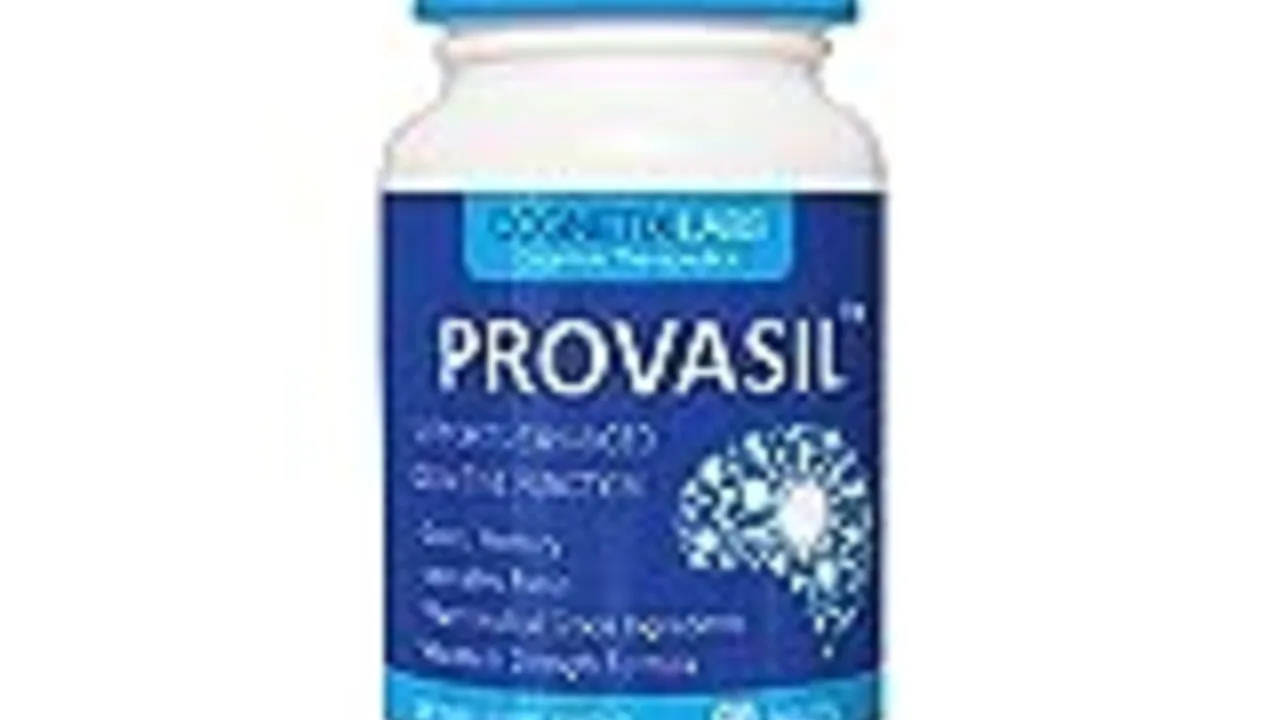Nutritional Science: Your Practical Guide to Better Health
If you’ve ever wondered why some diets work and others flop, the answer usually lands in nutritional science. It’s the study of how food, nutrients, and the body interact. On this page you’ll get straight‑forward explanations, real‑world tips, and answers to the questions most people ask about diet and supplements.
What Is Nutritional Science?
Think of nutritional science as the toolbox that tells us what each nutrient does inside us. Proteins build muscle, carbs give you energy, fats protect organs, and vitamins keep the chemistry of your cells running smoothly. Researchers test these ideas in labs and clinics, then turn the results into advice you can follow at the grocery store.
The field isn’t limited to “good” and “bad” foods. It looks at how timing, portion size, and food combos affect digestion, mood, and long‑term health. That’s why you’ll hear about things like the glycemic index, omega‑3 fatty acids, and the gut‑brain connection—all backed by data, not just trends.
How to Apply Science‑Backed Nutrition in Daily Life
Start simple: aim for a plate that covers the three food groups—protein, carbs, and veggies—plus a healthy fat source. For example, a grilled chicken breast, quinoa, and a side of roasted broccoli tossed with olive oil hits all the basics.
Next, pay attention to micronutrients. If you’re low on vitamin D, a daily supplement of 1,000 IU can help, but always check with a doctor first. Vitamin C is easy to add—just grab an orange or bell pepper. The key is variety; different colors mean different phytonutrients.
Hydration often gets ignored, but water is essential for nutrient transport. Aim for at least eight 8‑oz glasses a day, more if you exercise or live in a hot climate. If plain water feels boring, add a splash of lemon or cucumber for flavor without added sugar.
Supplement use should be purposeful. A multivitamin can fill gaps, but it’s not a license to skip real food. Look for reputable brands that list active ingredients clearly and avoid proprietary blends that hide amounts.
Finally, listen to your body. If a new food makes you feel sluggish or causes stomach upset, note it and see if you can pinpoint the culprit. Small adjustments—like switching from white to whole grain bread—can make a big difference over weeks.
On this tag page you’ll also find articles that dive deeper into specific topics: how salt affects fluid balance, the science behind probiotics, and the latest research on omega‑3s for heart health. Each piece breaks down complex ideas into bite‑sized facts you can use right away.
Bottom line: nutritional science isn’t a secret club. It’s a collection of findings that help you choose foods that fuel your life, support your goals, and keep you feeling good. Keep exploring, experiment with small changes, and watch how those science‑backed moves add up to real results.
Hey there, guys! Do you know about the science behind iron-folic acid-zinc and our cognitive function? It's pretty fascinating stuff, if I say so myself. These elements actually play a vital role not only in brain health but also in overall physical wellness. So, stick around as we delve into an in-depth discussion on the subject, and let's explore this amazing area of nutritional science together. It's always exciting to learn something new, isn't it?
Categories
Archives
Recent-posts
Canadamedsunited.com Review: Affordable Online Pharmacy Benefits, Safety, and User Tips
Aug, 14 2025



 Medications
Medications




